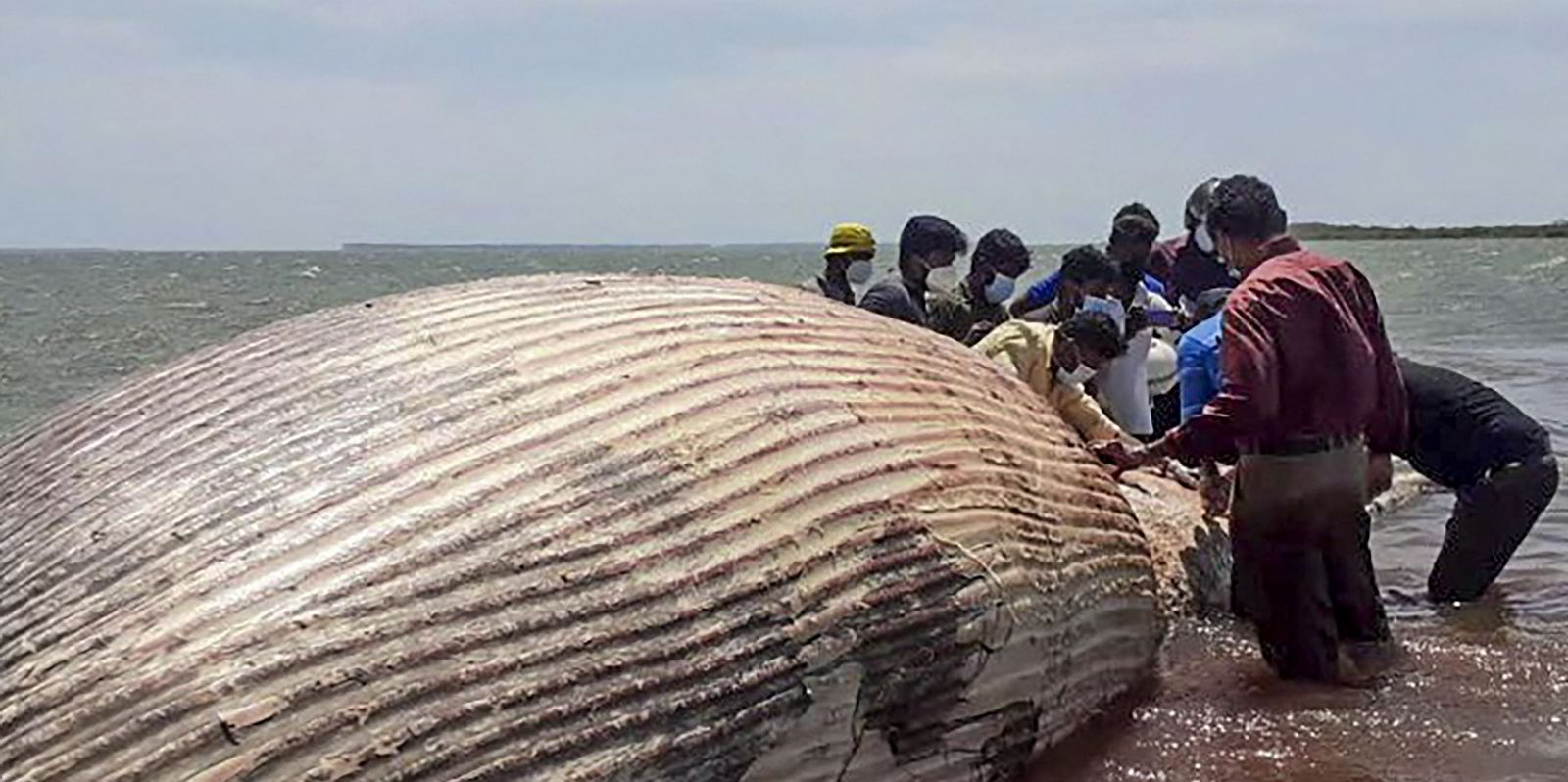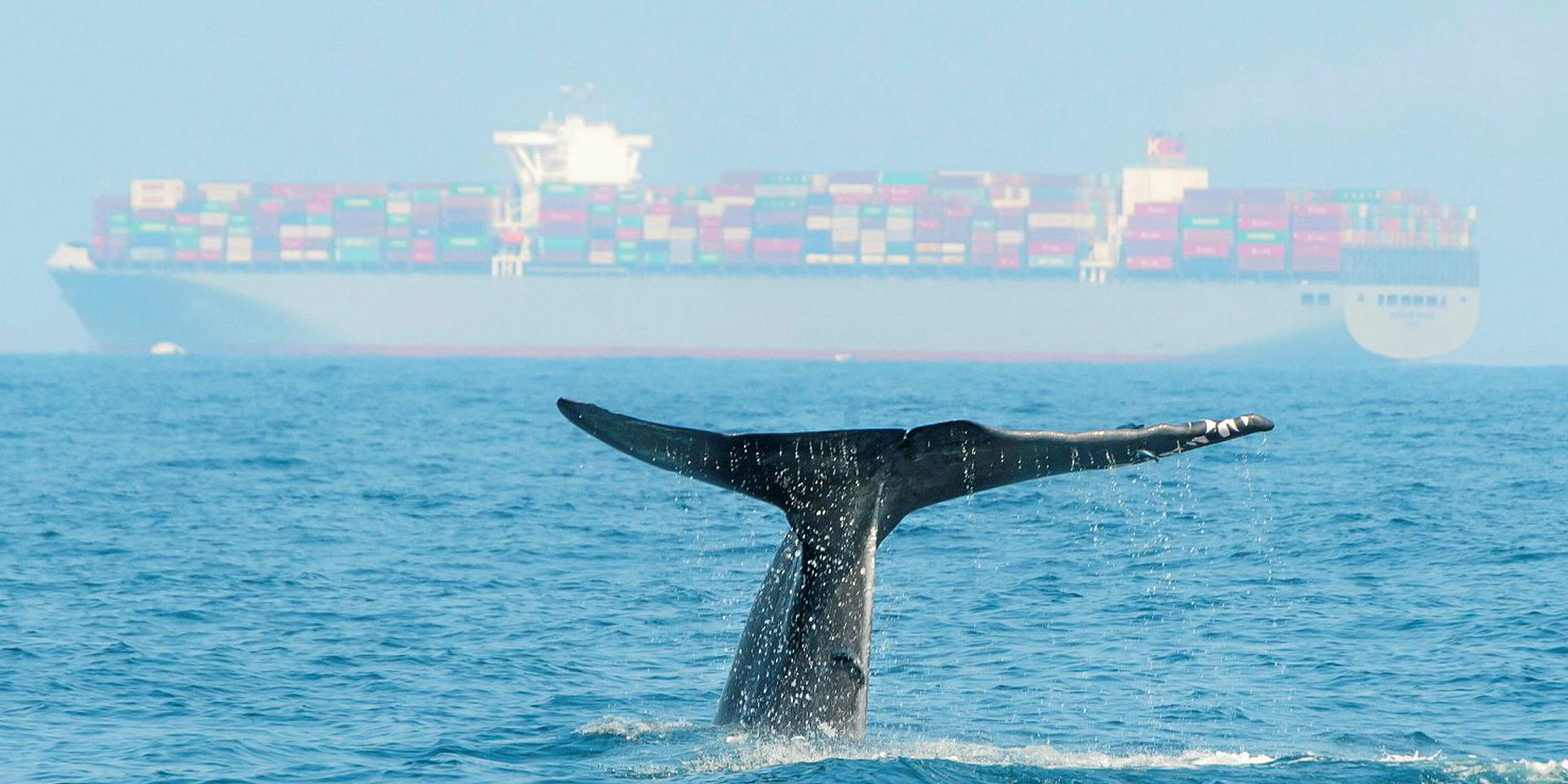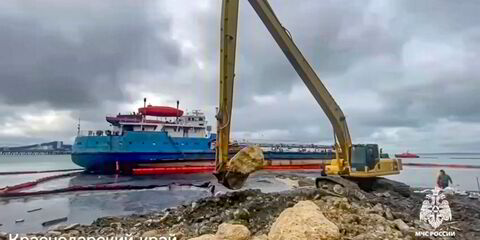France is proposing measures to protect whales from collisions with shipping traffic in a broad swathe of the north-western Mediterranean Sea.
Officials have described the International Maritime Organization plans for a feasibility study aimed at laying the groundwork for declaring waters off France, Monaco, Spain and Italy a particularly sensitive sea area (PSSA).
All four countries have expressed support for the proposal, although details are still to be ironed out.
The plan for the feasibility study was submitted to the IMO's Marine Environment Protection Committee (MEPC) for its meeting that started on Monday.
France's delegation told the committee that growing traffic in the region represents a threat particularly to endangered fin whales and vulnerable sperm whales.
Declaring a PSSA in the region would result in measures aimed at reducing the risk of whales falling victims to ship strikes.
Typically, such measures include speed limits for ships, as well as efforts to keep traffic away from whale populations.
"Among these measures, the limitation of vessel speed should be studied, as well as the dissemination of information to vessels concerning the frequentation of navigated areas by large cetaceans, through collaborative systems or any other means deemed relevant," France said in its submission to the MEPC.

The PSSA would include the Pelagos Sanctuary, an area surrounding the island of Corsica where France, Monaco and Italy have already agreed to protections for whale species.
And it includes the Spanish cetacean migration corridor, which was recently given special protections under the Convention for the Protection of the Marine Environment and the Coastal Region of the Mediterranean, known as the Barcelona Convention.
The area is home to a rich population of zooplankton, a key source of food for large whales, but it is also a busy corridor for passenger vessels and cargo ships.
French officials said in the IMO documents that ship collisions are identified as the main human cause of death for fin whales.
There could be 700 such collisions each winter and 2,000 in the summer.
"A detailed study is required in order to define governance and the definition of associated protective measures," officials wrote.(Copyright)





